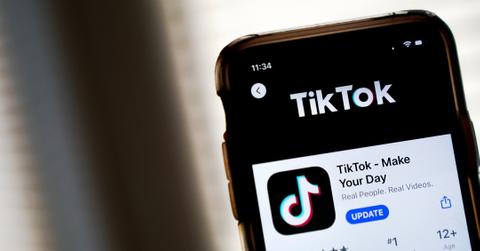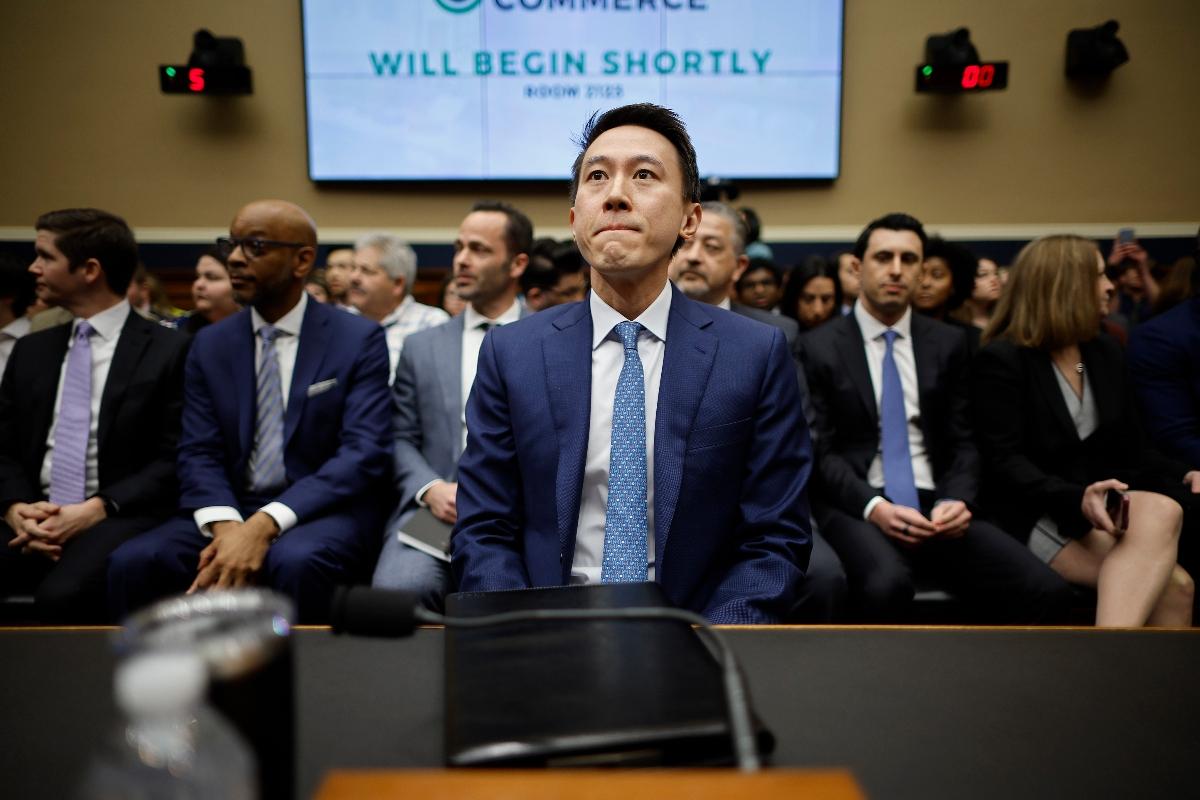Is TikTok Being Shut Down? U.S. House Approved Bill That Could Lead to Ban, Senate Still to Vote
The U.S. House of Representatives passed a bill demanding ByteDance divest or face a ban. Now, the bill has to go through the Senate.
Updated March 13 2024, 12:46 p.m. ET

In recent discussions among lawmakers and digital enthusiasts alike, the question "Is TikTok being shut down?" has taken center stage.
This query stems from growing concerns over national security and data privacy, leading to significant political movements that could reshape the social media landscape as we know it. As the debate unfolds in the halls of Congress, individuals and businesses alike are keenly watching, wondering how this decision could impact their daily digital interactions and marketing strategies.
Let's delve into the heart of this issue, examining the facts and implications of a potential TikTok ban in the United States.
Is TikTok being shut down?

TikTok CEO Shou Zi Chew testifies at U.S. House hearing in March 2023
Amid rising tensions and scrutiny over data privacy and national security, the future of TikTok on American soil hangs in the balance. Recent legislative actions have brought this issue to the forefront, with lawmakers proposing measures that could significantly impact the social media giant's operations within the country.
U.S. lawmakers recently introduced a bill demanding ByteDance, the Chinese tech conglomerate that owns TikTok, to divest its stake in the app within six months or face a ban.
In response to these legislative developments, TikTok launched an aggressive campaign to rally support against the proposed ban. The platform has vehemently denied allegations that it shares data about its U.S. users with Beijing, emphasizing its commitment to user privacy and data security.
In an unprecedented mobilization effort, TikTok tapped into its vast user base, urging them to voice their opposition against the bill that would force ByteDance, TikTok's parent company, to divest from the app or face a ban in the United States.
The notification sent out by TikTok to its estimated 170 million U.S. users included a feature enabling them to easily find and contact their congressional representatives by entering their zip code. According to The Guardian, this call-to-action resulted in a deluge of communications to lawmakers, with some offices receiving as many as 20 calls per minute. The sheer volume of these calls even led to temporary shutdowns of phone lines in certain congressional offices.
Michael Hughes, a spokesperson for TikTok, vehemently opposed the characterization of the bill, stating that it essentially amounts to a total ban of TikTok in the United States. Hughes emphasized the potential repercussions of such a move, including harm to millions of businesses, artists, and creators who rely on the platform for their livelihoods.
On March 13, 2024, the U.S. House of Representatives approved the bill. It will now move on to the Senate, where the outcome remains uncertain.
As Congress moves closer to a decision on the TikTok ban, the outcome will likely have far-reaching implications for the future of digital communication, the tech industry's relationship with government regulators, and the ongoing struggle to balance security concerns with the rights of individuals in the digital age.